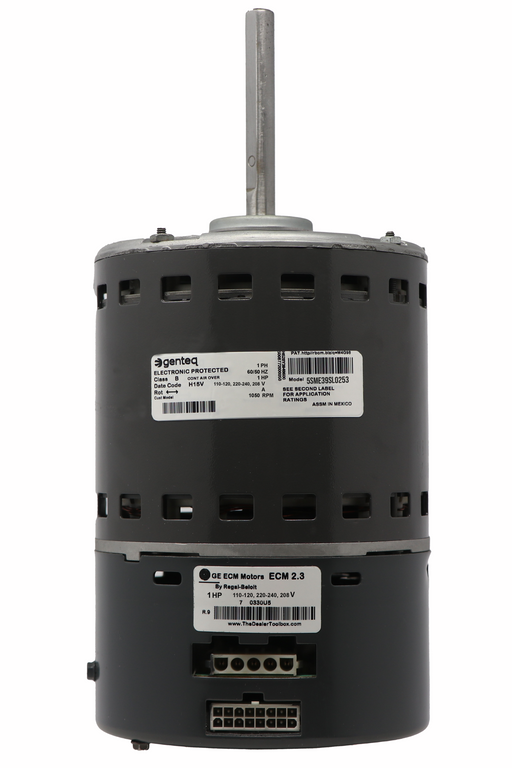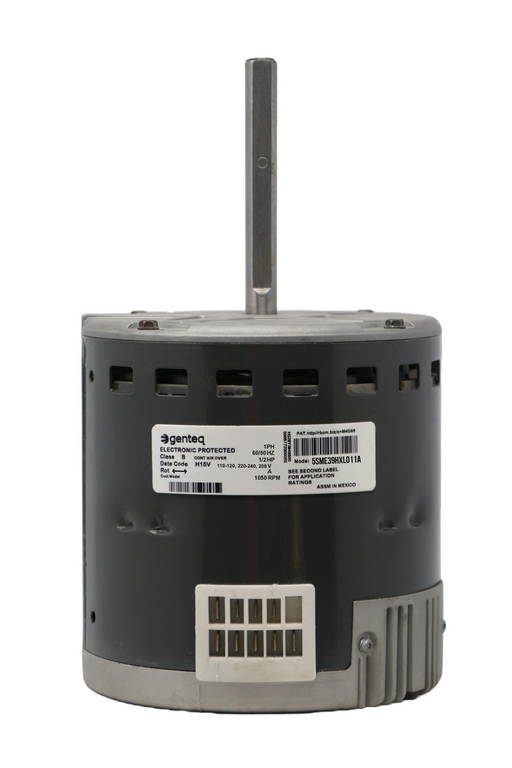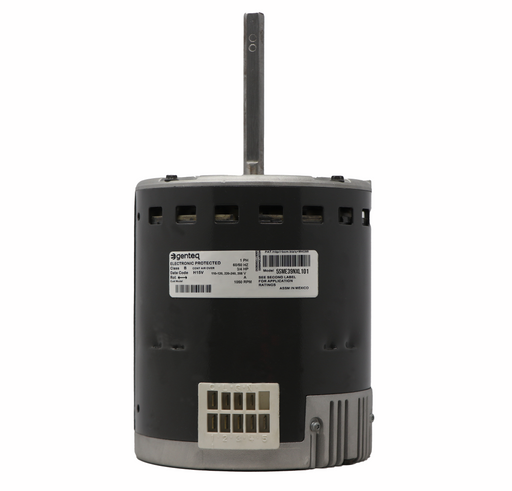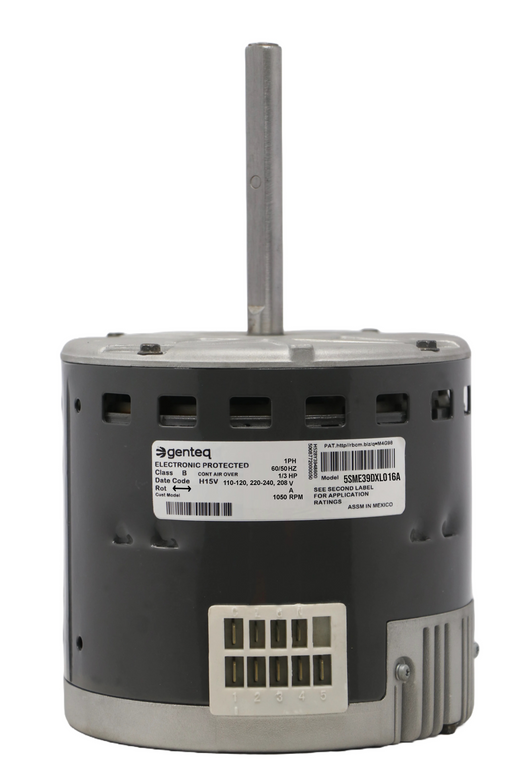(813) 440-8108

6 Common HVAC Questions and Answers Every Homeowner Should Know
Your HVAC system is one of the most important systems in your home, keeping you comfortable year-round. But how much do you really know about it? Many homeowners have questions about maintenance, efficiency, and when it’s time to replace key components. Here, we answer six of the most common HVAC questions to help you keep your system running smooth
1. How Often Should I Replace My HVAC Air Filter?
Your air filter plays a crucial role in keeping your HVAC system clean and your indoor air healthy. In most homes, filters should be replaced every 1–3 months, depending on system usage and air quality.
-
Homes with pets, allergies, or high dust levels should replace filters monthly.
-
Standard households can replace them every 2–3 months.
-
High-efficiency HEPA filters may last 6 months or longer, but check the manufacturer’s recommendation.
Neglecting to replace your filter can strain your blower motor, reducing airflow and making your system work harder. If your blower motor is struggling, consider an affordable, remanufactured replacement from United HVAC Motors, the leader in remanufactured blower motors with an extended warranty. Browse our selection here.
👉🏻 Understanding the Different Types of Blower Motors for HVAC Systems
2. What’s the Best Thermostat Setting for Energy Efficiency?
Setting your thermostat correctly can save you up to 10% annually on energy bills, according to the U.S. Department of Energy. Here’s what they recommend:
-
Summer: 78°F (26°C) when at home, 85°F (29°C) when away.
-
Winter: 68°F (20°C) when at home, 60°F (16°C) when away.
A programmable or smart thermostat can help adjust temperatures automatically, optimizing energy efficiency without sacrificing comfort.
3. How Can I Tell If My HVAC System Needs Maintenance?
Your HVAC system should be serviced at least twice a year—once in the spring for cooling and once in the fall for heating. However, there are some warning signs that indicate your system may need attention sooner:
- Uneven heating or cooling—some rooms feel too hot or too cold.
- Strange noises—banging, whistling, or buzzing could indicate loose parts.
- Higher energy bills—a sudden increase suggests your system is working harder than it should.
- Weak airflow—a struggling blower motor or clogged ducts may be the culprit.
- Frequent cycling—your system turns on and off too often, reducing efficiency.
Regular maintenance can extend the life of your HVAC system, but if your blower motor is failing, it may be time for a replacement. United HVAC Motors offers remanufactured blower motors with an extended warranty, giving you reliable performance at a fraction of the cost of a new motor. Check out our options here.
Genteq 5SME39SL0253 Motor de soplador ECM 2.3 1 HP
Motor remanufacturado por United HVAC Motors Garantía de reemplazo de 2 años (se aplican términos) Plug n Play - 100% programado...
Ver todos los detalles5SME39HXL011A Motor de soplador Genteq ECM X13 1/2 HP
Motor remanufacturado por United HVAC Motors Garantía de reemplazo de 2 años (se aplican términos) Plug n Play - 100% programado...
Ver todos los detalles
4. Do I Need a Permit to Replace My HVAC System?
Yes, in most cases, you do need a permit for HVAC replacement. Local building codes require permits for:
✔ Installing a new HVAC system
✔ Replacing major components (furnaces, air conditioners, or heat pumps)
✔ Modifying ductwork or electrical connections
Permits ensure that the work is done safely and up to code. If you replace your HVAC system without a permit, you could face fines, failed inspections, or issues when selling your home. A licensed HVAC contractor will typically handle the permitting process for you.
5. Why Is My HVAC System So Loud?
A noisy HVAC system isn’t just annoying—it could signal a bigger problem. Here are the most common reasons for a loud HVAC system and how to fix them:
🔹 Rattling or banging sounds – Loose or broken parts may need tightening or replacement.
🔹 Whistling or high-pitched noises – A clogged air filter or blocked air vents can restrict airflow.
🔹 Buzzing or humming sounds – An aging or failing blower motor could be struggling to operate.
🔹 Hissing or bubbling noises – A refrigerant leak may be present and needs professional repair.
Ignoring these sounds can lead to system failure. If the issue is related to the blower motor, replacing it with a remanufactured blower motor from United HVAC Motors can restore quiet, efficient operation at a lower cost than a new unit. Shop now.
👉🏻 How to Clean HVAC Blower Motor
6. What’s the Average Lifespan of an HVAC System?
Most HVAC systems last between 15–20 years, but factors like usage, climate, and maintenance can impact longevity. Here’s what to expect:
-
Air Conditioners: 15–20 years
-
Furnaces: 20–30 years
-
Heat Pumps: 10–15 years
If your system is over 15 years old, breaking down frequently, or causing high energy bills, it might be time for an upgrade. However, before replacing the entire system, check your blower motor—sometimes, a simple motor replacement can extend the system’s life and improve efficiency.
Final Thoughts
Your HVAC system is essential for home comfort, but regular maintenance and knowing when to replace parts can save you money and prevent breakdowns. From changing air filters to checking for unusual noises, staying proactive ensures your system runs efficiently.
If you need a high-quality, affordable blower motor replacement, United HVAC Motors offers remanufactured blower motors with an extended warranty—a cost-effective way to keep your system running like new. Browse our selection now.
5SME39NXL101 Motor de soplador Genteq ECM X13 3/4 HP
Motor remanufacturado por United HVAC Motors Garantía de reemplazo de 2 años (se aplican términos) Plug n Play - 100% programado...
Ver todos los detallesMotor de soplador Genteq 5SME39DXL016A ECM X13 1/3 HP
Motor remanufacturado por United HVAC Motors Garantía de reemplazo de 2 años (se aplican términos) Plug n Play - 100% programado...
Ver todos los detalles





